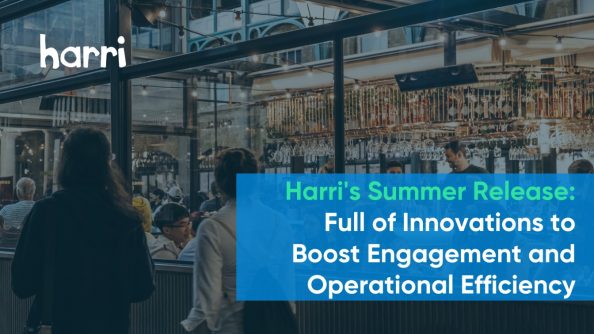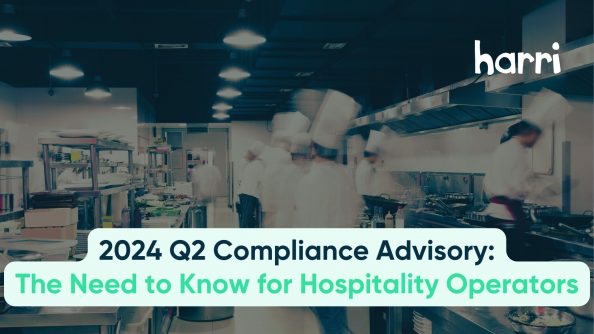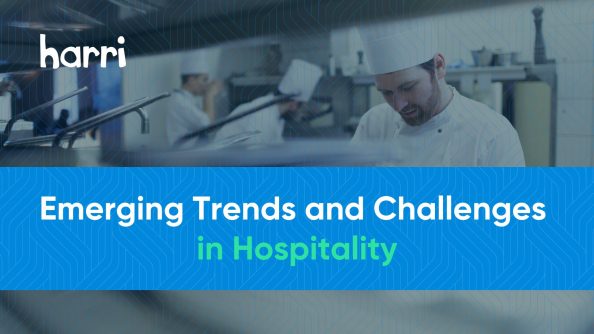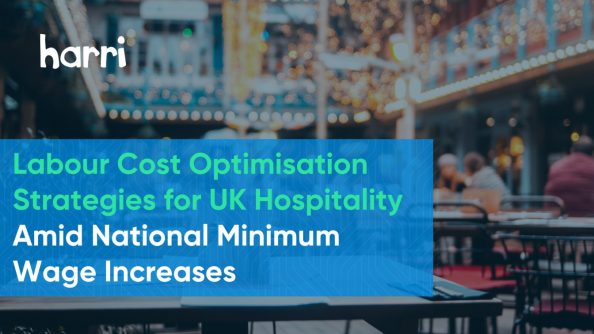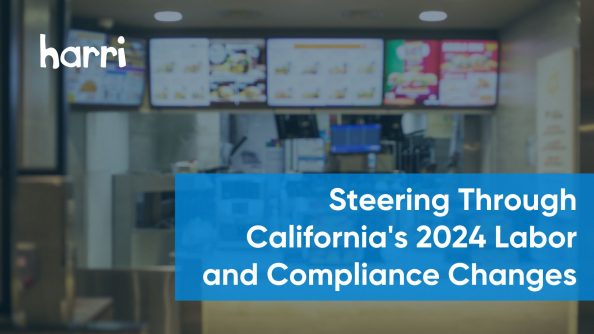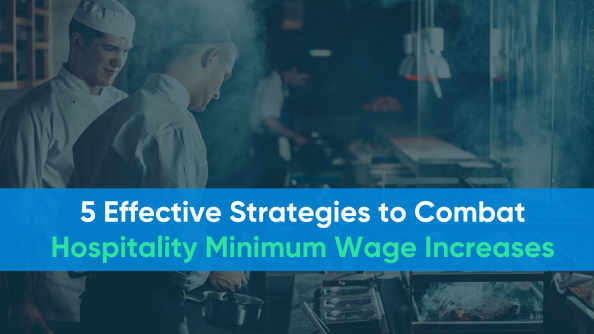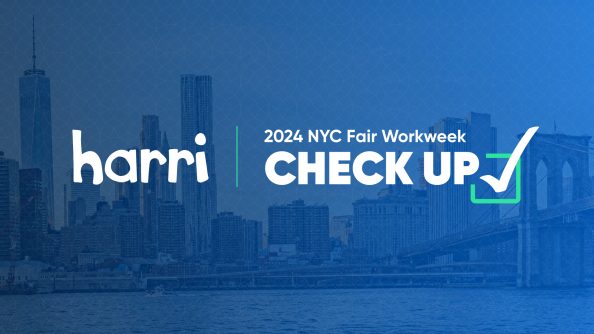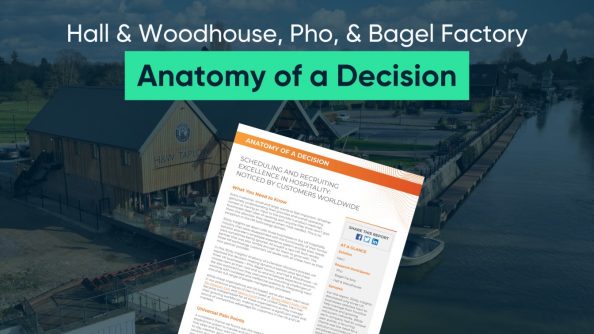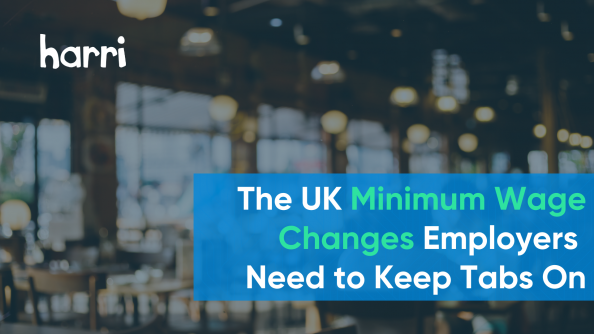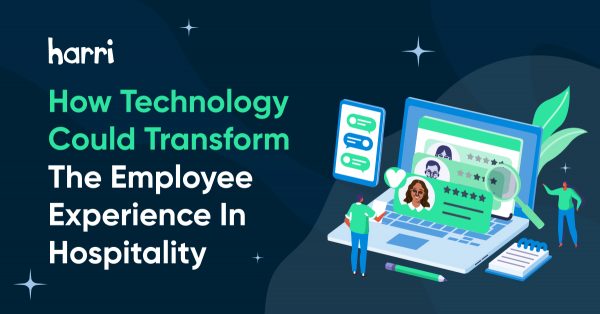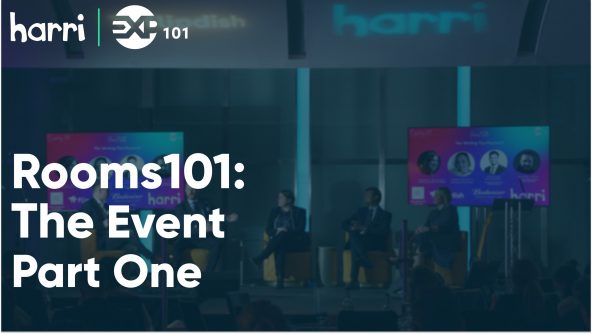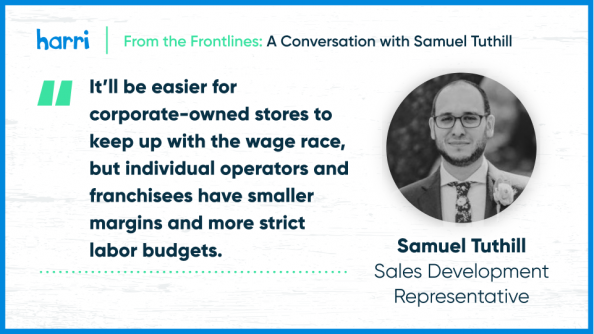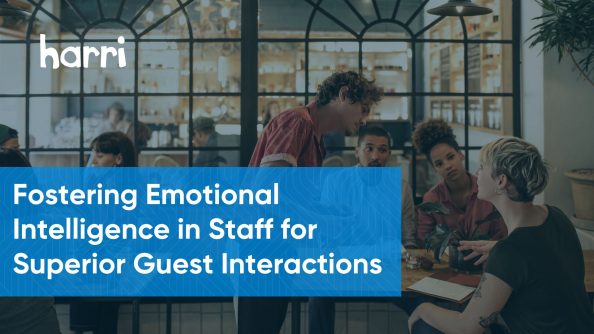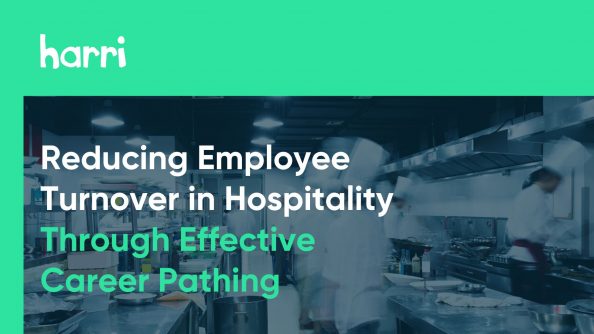Bridging the Gap: What Frontline Workers Want and 3 Ways Leaders Can Deliver
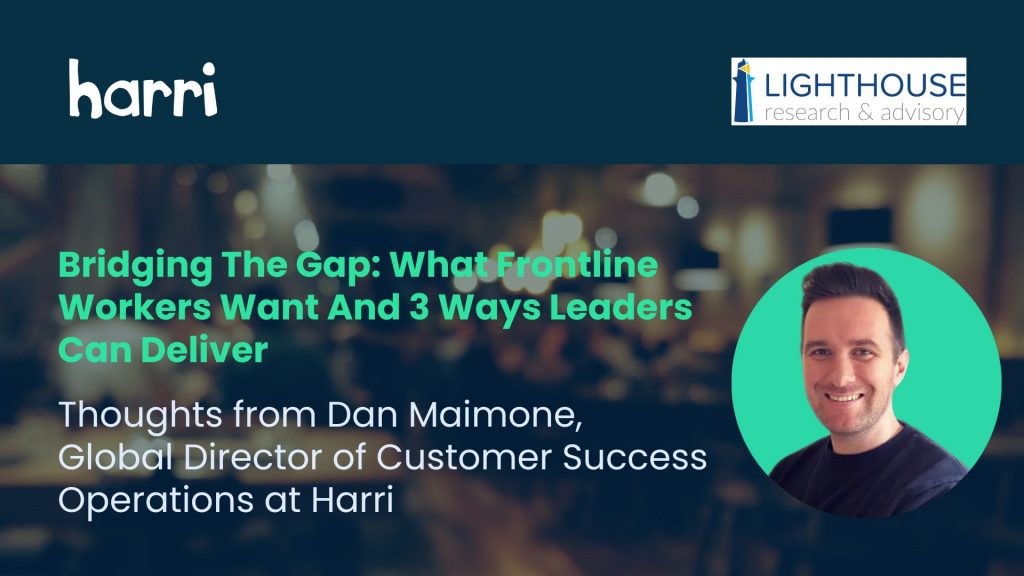
- By Harri Insider Team | June 6, 2023
If there’s one thing consistent in hospitality, it’s change.
At the age of 14, I started my career in hospitality, first washing ice cream tubs at an ice cream parlour and then rose up into operations at The Jamie Oliver Group and then Starbucks. Staff retention has always been a challenge, however now at Harri, I can see firsthand how global hospitality leaders are struggling more than ever.
In partnership with Lighthouse Research and Advisory, we surveyed 3,000 frontline workers to understand better what makes up a world-class employee experience that would better drive satisfaction.
What Workers Want: Culture, Support, and Fairness
More than offering a fair wage, employees are more likely to stay for the long haul when the right culture, leadership, and technology are in place.
- The absence of a supportive manager can increase someone’s chances of quitting by 4x
While the industry continues to improve pay, and benefits, the report revealed that one of the biggest factors in retaining staff is their relationship with their manager. In fact, employees are four times more likely to quit if they don’t feel sufficiently supported by their boss.
- Flexibility across scheduling, autonomy, and training opportunities are highly sought after
Job flexibility has been a huge conversation over the past few years, but those on the frontline seem to have been left out of the discourse. Over half of the report’s respondents said they want a choice in when they work and how that work gets done.
- There are clear links in the research between workers having access to the right tools and their perceptions of the company’s openness, transparency, and fairness
Up to 4 in 10 of those surveyed believed their jobs could be done quicker, easier, and better if they had access to the right technology, namely software that would allow them to upskill online, swap shifts, and provide internal feedback.
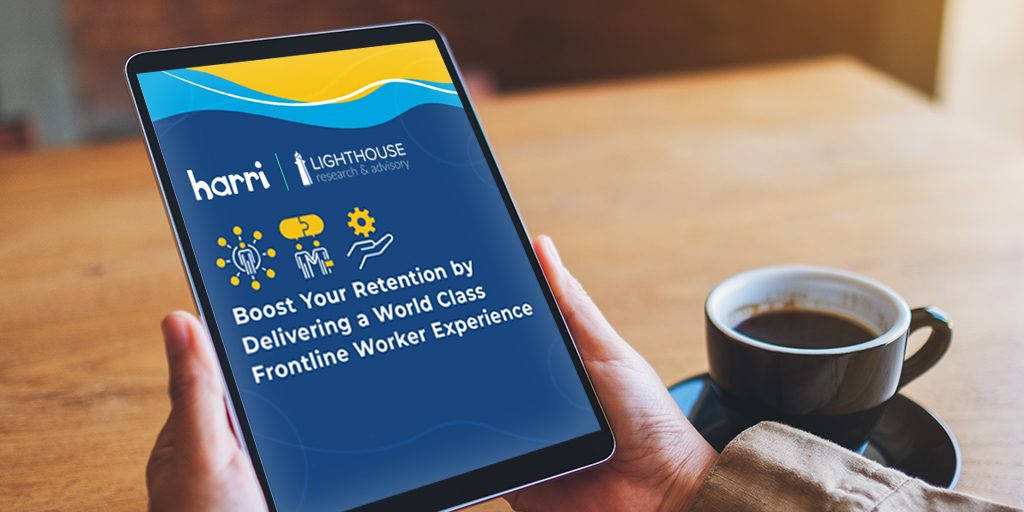
How Hospitality Can Deliver On What Workers Want
The critical takeaway for hospitality leadership is that even in a market where talent is scarce and hiring is highly competitive, it’s possible to create an environment where frontline workers can do their best work. Here’s where to begin:
Make flexibility a reality
When you hear flexibility, you may think of remote work or traditional Monday to Friday 9-5 schedules. But that isn’t how frontline workers define flexibility. Here are the top six ways they define flexibility:
- Choices in when I work
- Choices in how I get my work done
- Choices in training or growth opportunities
- Choices in where I work
- Choices in benefits
- Choices in how I share my ideas and suggestions
And to take it a step further, women were more likely to prioritise when they work while men were more likely to prioritise decision-making and autonomy. Flexibility helps create a work experience that brings out the best in each employee. So how do you determine how each employee defines flexibility? That brings us to management.
Drive manager consistency with the tools and resources
Supportive leaders are those who understand their employees – their strengths, why they come to work, how they learn, and more importantly why they may not do these activities when the time comes. To help managers make this a reality in their busy day-to-day, empower them with the right tools and resources, such as:
- Consistently engage with employees at key milestones in their journey – from onboarding to work anniversaries – with automated engagement tools
- Keep a pulse on how shift leaders, menu changes, and more impact employee sentiment with in-app surveys during clock out
- Stay proactive with consistent, centralised messaging within employee and manager mobile apps
- Build an effective review process with manager access to a performance management tool that offers a library of review questions, automated position and wage recommendations based on performance ratings, and the ability to easily create and manage the review cycle
In today’s workplace, numerous operators express concerns about incorporating technology, particularly AI, to enhance their operations. However, one undeniable benefit emerges from leveraging technology—it allows leaders to allocate more time to connect on a personal level with their teams.
A recent example of this is my collaboration with a national pub group. They implemented surveys based on milestones rather than conducting them on an annual basis. This shift enabled them to obtain real-time feedback on their operations, gaining a current and accurate pulse of their performance. As a result, leaders could dedicate their efforts towards fostering a more human connection with their teams.
Access to technology equals better engagement and retention
When frontline employees have access to the right tools to manage their work life, such as scheduling software, task managers or mobile punch, they gain much better transparency into how they can succeed in their role.
At Caravan, a UK-based coffee and bar chain, managers were determined to move away from the manual hiring process, which was time consuming and not a good use of their skills. With Harri’s Talent Acquisition software, they were able to digitise and streamline their hiring process to just seven days.
As the research concludes, “from a very practical perspective, the technology, people, and the surrounding environment are the primary ways that frontline workers experience work.”
Over the past few years, at Harri, we have dedicated ourselves to enhancing convenience for employees, candidates, and employers. As we embark on the next phase of our evolution, we are committed to proactively equipping our customers with real-time information, valuable insights, and suggested actions. Our aim is to elevate employee satisfaction, enabling our customers to devote more time to meaningful interactions with their front-line teams and embrace their human side.
If you are interested in learning more about the findings from Lighthouse Research & Advisory, request your copy of the report below.
Dan Maimone is the Global Director of Customer Success Operations at Harri. He is a seasoned leader with over 15 years of experience in operations and 5 years in the SaaS industry, and brings a unique blend of operational efficiency and customer-centricity to my role. His passion lies in driving customer success and creating positive business outcomes through exceptional customer experiences.




